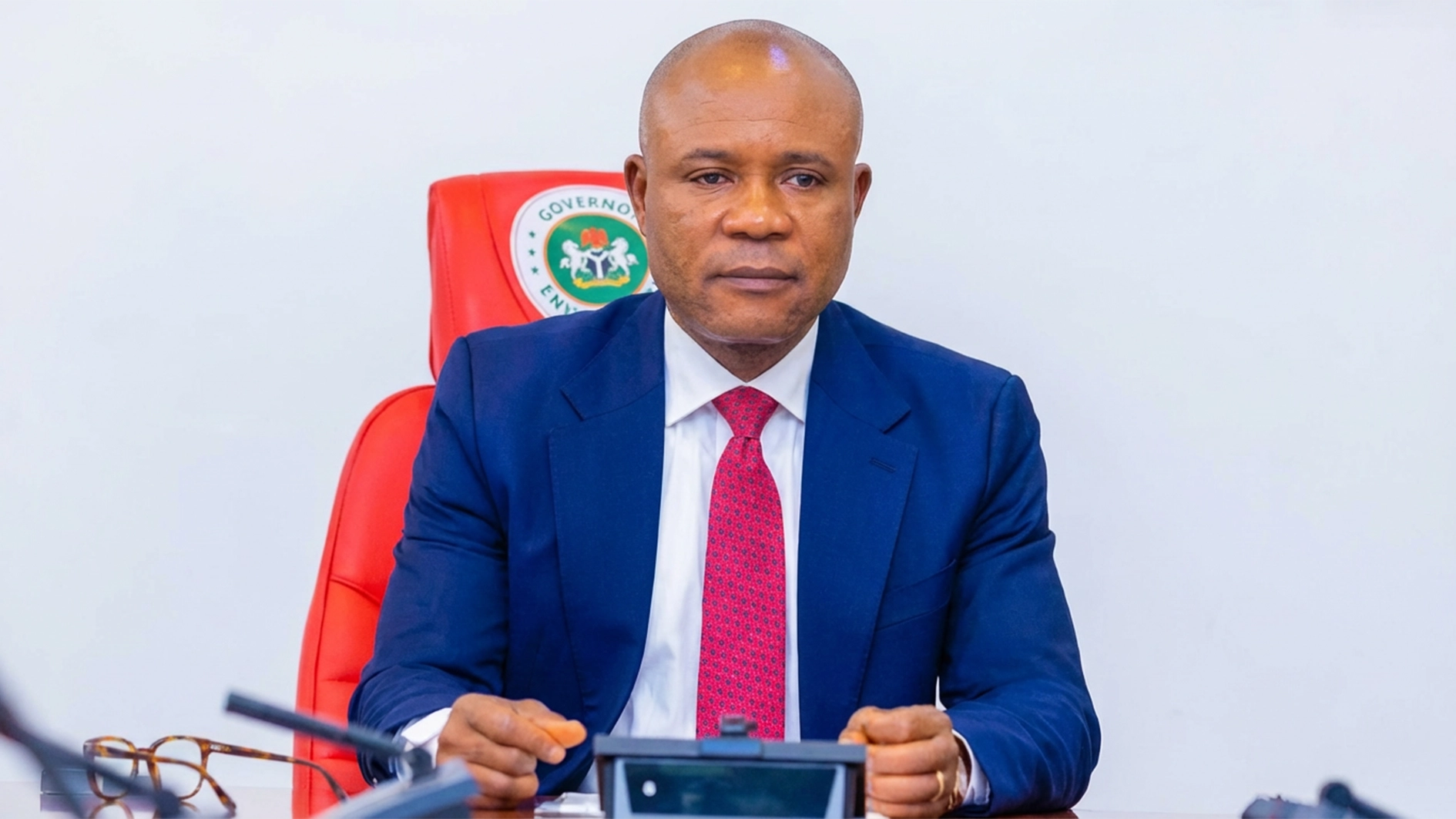Accion Microfinance Bank (MfB) has launched a N5 billion commercial paper (CP) programme, debuting with a N2 billion Series 1 issuance targeted at financing working capital and expanding financial inclusion for low-income entrepreneurs.
Speaking at the signing ceremony in Lagos, Managing Director of Accion Microfinance Bank, Taiwo Joda, described the programme as a milestone in the bank’s mission to empower individuals at the bottom of the economic pyramid.
“One of the greatest steps into freeing people from oppression is financial freedom. That is what we stand for every day in Accion Microfinance Bank, and this programme will help more Nigerians become financially integrated citizens,” Joda said.
The N2 billion Series 1 issuance, rated A by DataPro, has a tenure of 270 days, aligning with the bank’s conservative approach as a first-time issuer. Joda expressed confidence that the issuance would be massively oversubscribed, citing strong investor appetite demonstrated during pre-launch roadshows.
Backed by global and regional financial institutions, including Ecobank, Citibank, the International Finance Corporation (IFC), and Accion International (U.S.), AMfB has built a reputation for financial transparency, digital innovation, and sound governance over its 18 years of operation.
According to him, the bank’s assets grew by 47 per cent in 2020 to N23 billion, while its loan portfolio expanded to N19.2 billion, underscoring investor confidence in its growth trajectory.
“With this programme, we are confident of delivering even greater value to our customers, investors, and the communities we serve,” Joda said.
He noted that the Series 1 commercial paper issuance closes on Friday, August 29, 2025, and emphasised that proceeds from the CP programme will provide liquidity support for micro and small businesses facing inflationary and foreign exchange pressures.
“The N2 billion we are raising is strictly for working capital, to finance the funding gap for those at the bottom of the pyramid whose businesses have been eroded by inflation and FX volatility,” he explained.






